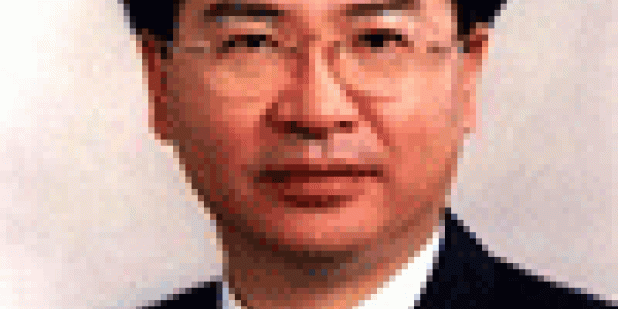Happy Lunar New Year from the USC US-China Institute!
Taiwan-U.S. Relations: A Review and Outlook
Wu Jaushieh (Joseph), Taiwan's representative to the U.S., speaks at the World Affairs Council of Los Angeles.
Where

Dr. Wu Jaushieh (Joseph) is Taiwan's representative to the United States. He heads the Taipei Economic and Cultural Representative Office in Washington, DC. Prior to this assignment, Wu chaired the Mainland Affairs Council (2004-2007) and served as Deputy Secretary-General to President Chen Shui-bian (2002-2004).
Before entering government service, Dr. Wu taught at National Chengchi University in Taipei. He earned his doctorate in political science at Ohio State University. He is the author of Taiwan's Democratization: Forces Behind the New Momentum (Oxford University Press, 1995)and the editor of Divided Nations: The Experience of Germany, Korea, and China (Institute of International Relations, 1995) and China Rising: Implications of Economic and Military Growth of the PRC (Institute of International Relations, 2001).
Featured Articles
We note the passing of many prominent individuals who played some role in U.S.-China affairs, whether in politics, economics or in helping people in one place understand the other.
Events
Ying Zhu looks at new developments for Chinese and global streaming services.
David Zweig examines China's talent recruitment efforts, particularly towards those scientists and engineers who left China for further study. U.S. universities, labs and companies have long brought in talent from China. Are such people still welcome?






